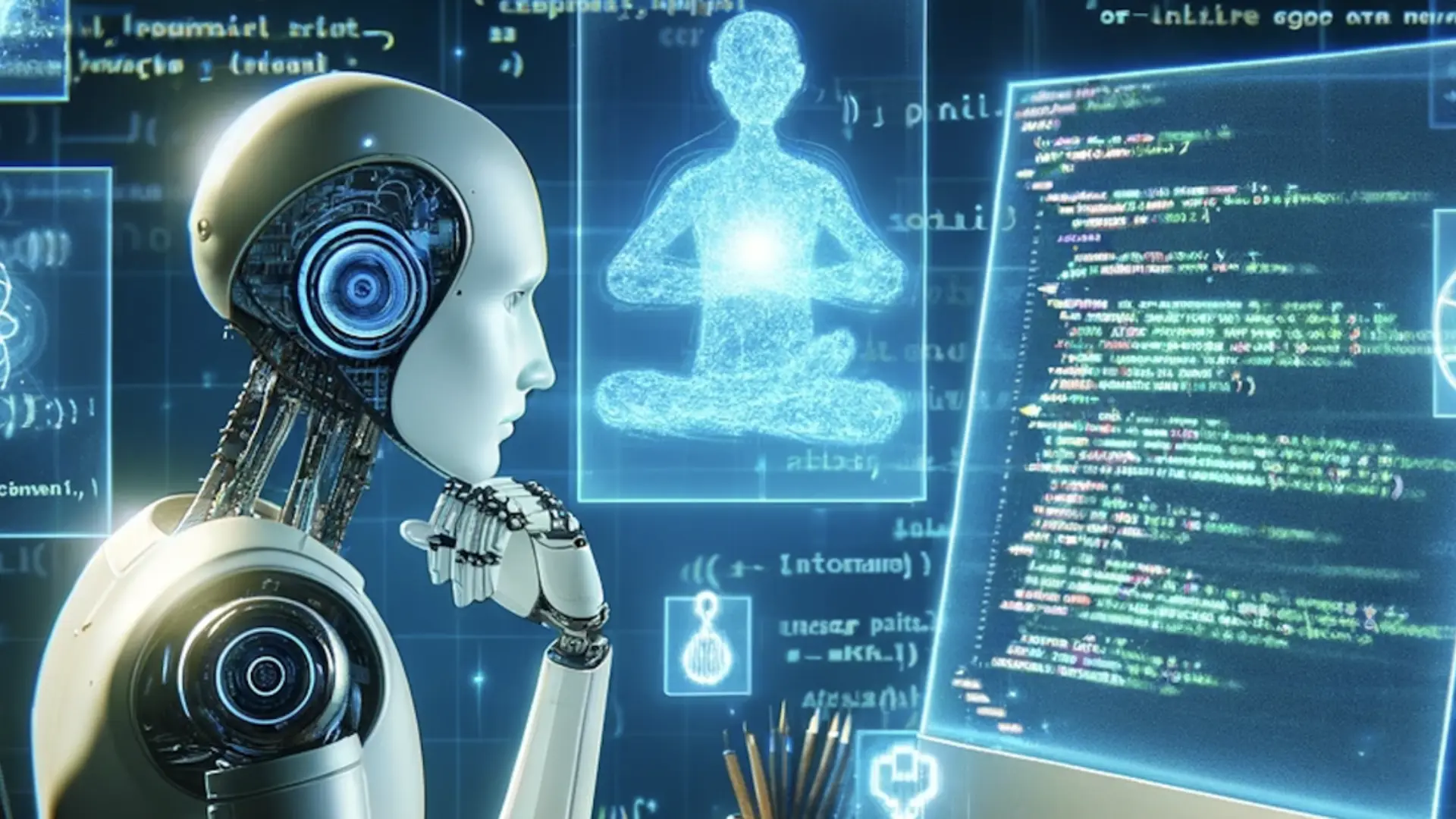
The way engineers and developers approach coding is undergoing a massive transformation. Thanks to Artificial Intelligence (AI), many traditional coding tasks that once required long hours are now being streamlined, automated, and even reimagined. AI isn’t here to replace engineers—it’s here to empower them.
From Manual to Machine-Assisted Coding
Traditionally, developers would spend significant time writing, debugging, and optimizing code. Today, AI-powered tools are accelerating these steps. GitHub Copilot, for instance, acts like an AI “pair programmer.” It suggests entire code snippets, auto-completes functions, and reduces the need to write boilerplate code manually. This allows engineers to focus more on problem-solving and designing efficient solutions rather than repetitive tasks.
Debugging Made Smarter
Finding and fixing bugs has always been one of the most time-consuming parts of software development. AI tools like DeepCode or Tabnine scan large codebases in seconds, identify errors, and even suggest fixes. Instead of painstakingly tracing logic line by line, developers now have a virtual assistant that highlights vulnerabilities and improves code quality instantly.
Smarter Documentation & Testing
Documentation and testing often feel like chores, but they’re critical to building reliable systems. With AI tools like OpenAI Codex or Testim, documentation can be auto-generated while test cases are intelligently created and optimized. This not only ensures thorough testing but also saves countless hours that developers can redirect toward innovation.
AI in Predictive Analytics & Optimization
Beyond coding, AI-driven platforms like MATLAB with AI toolboxes help engineers optimize processes by analyzing patterns in large datasets. Whether it’s predictive maintenance in manufacturing systems or forecasting application performance, these AI capabilities enable engineers to make data-driven decisions faster than ever.
Efficiency & Creativity Hand-in-Hand
Perhaps the biggest advantage of AI in coding is not just time saved—it’s the space it creates for creativity. Engineers now spend less energy on repetitive code and more on designing innovative features, experimenting with new technologies, and solving complex problems that AI alone can’t handle.
The Future of Coding with AI
The rise of AI tools is rewriting the definition of a “coding job.” Instead of being purely about syntax and logic, engineering roles are evolving toward AI-augmented problem solving. Tomorrow’s successful engineers won’t just know how to code—they’ll know how to collaborate with AI tools to deliver faster, smarter, and more impactful solutions.
Key takeaway: AI is not eliminating coding jobs—it’s elevating them. By automating the repetitive and enhancing efficiency, AI is helping engineers unlock their true potential.
No additional images available.






